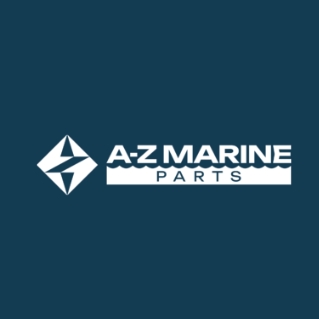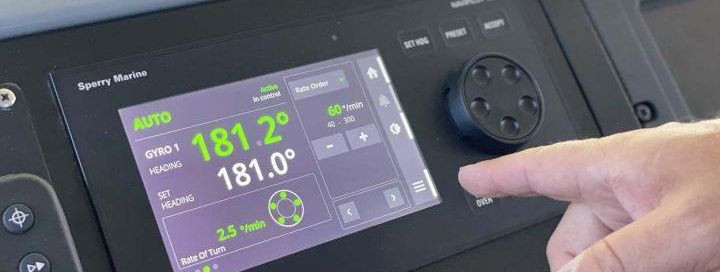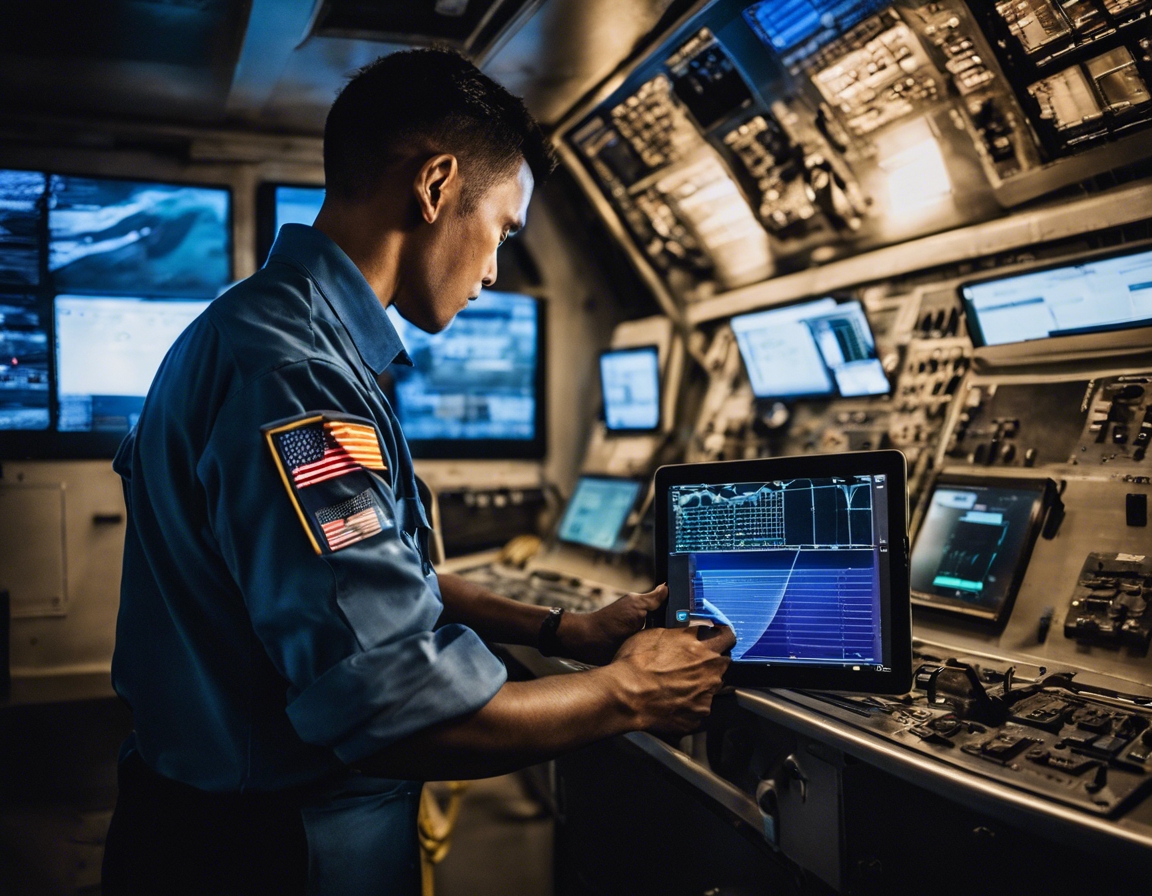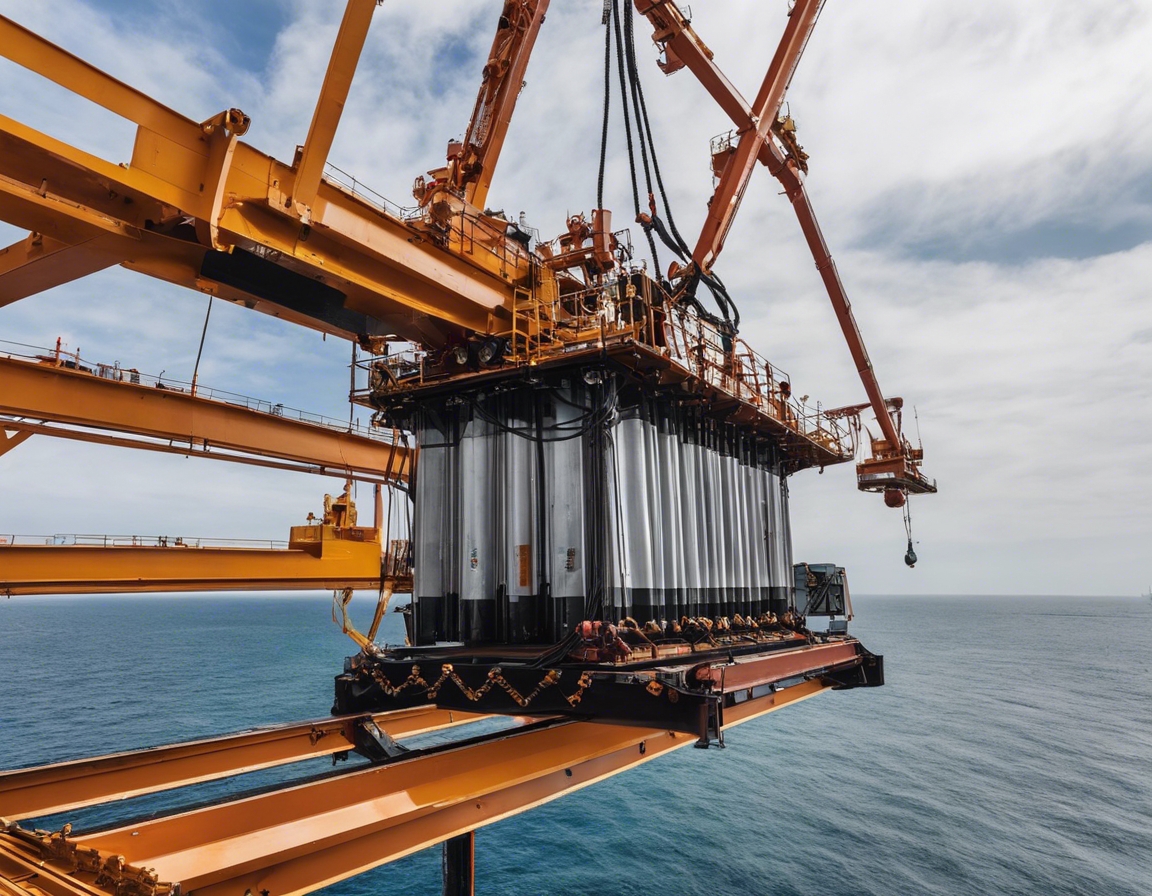The importance of regular marine equipment maintenance
Marine equipment is the backbone of maritime operations, playing a critical role in navigation, safety, and efficiency at sea. Regular maintenance of this equipment is not just a recommendation; it's a necessity for ensuring operational reliability and compliance with international maritime regulations.
Marine equipment encompasses a wide range of systems and components, including engines, navigation systems, communication devices, safety gear, and more. Each piece of equipment has its own set of maintenance requirements, which must be meticulously followed to keep the vessel running smoothly.
Regular maintenance is essential to prevent equipment failure, which can lead to disastrous consequences such as maritime accidents, environmental damage, and loss of life. It also ensures that vessels remain compliant with the stringent standards set by maritime authorities.
The Benefits of Regular Maintenance
The primary benefit of regular maintenance is the increased safety it provides. Well-maintained equipment is less likely to fail, reducing the risk of accidents and ensuring the safety of the crew and cargo.
Regular maintenance can identify potential issues before they escalate into major problems, saving companies from expensive repairs and the significant costs associated with vessel downtime.
By addressing wear and tear proactively, maintenance extends the lifespan of marine equipment, allowing for better long-term financial planning and asset management.
Maintaining equipment in accordance with regulatory standards is not only a legal requirement but also a critical aspect of international maritime operations, ensuring that vessels can operate without restrictions.
Key Maintenance Practices
Routine inspections are a fundamental aspect of maintenance, allowing for the early detection of issues and the opportunity to address them promptly.
Marine environments are harsh, and regular cleaning and corrosion control are vital to protect equipment from the detrimental effects of saltwater and air.
Monitoring for signs of wear and tear is crucial for timely interventions, preventing the failure of critical components.
Keeping systems updated and properly calibrated ensures optimal performance and adherence to technological advancements and regulatory changes.
Challenges in Marine Equipment Maintenance
Maintenance of marine equipment often involves complex logistics, especially when dealing with a fleet dispersed across the globe.
The technical nature of marine equipment demands a high level of expertise, making it essential to have skilled professionals handle maintenance tasks.
Maintenance activities must also take into account environmental protection, ensuring that procedures do not harm marine ecosystems.
Partnering with A-Z MARINE PARTS OÜ
A-Z MARINE PARTS OÜ understands the critical importance of regular maintenance and offers comprehensive services to ensure your fleet operates at peak efficiency and safety.
We provide tailored maintenance solutions that fit the unique needs of your vessels, regardless of their location.
Our global network of technical experts is available to support your operations, ensuring that your equipment meets all regulatory requirements and operates reliably.






Comments (0)